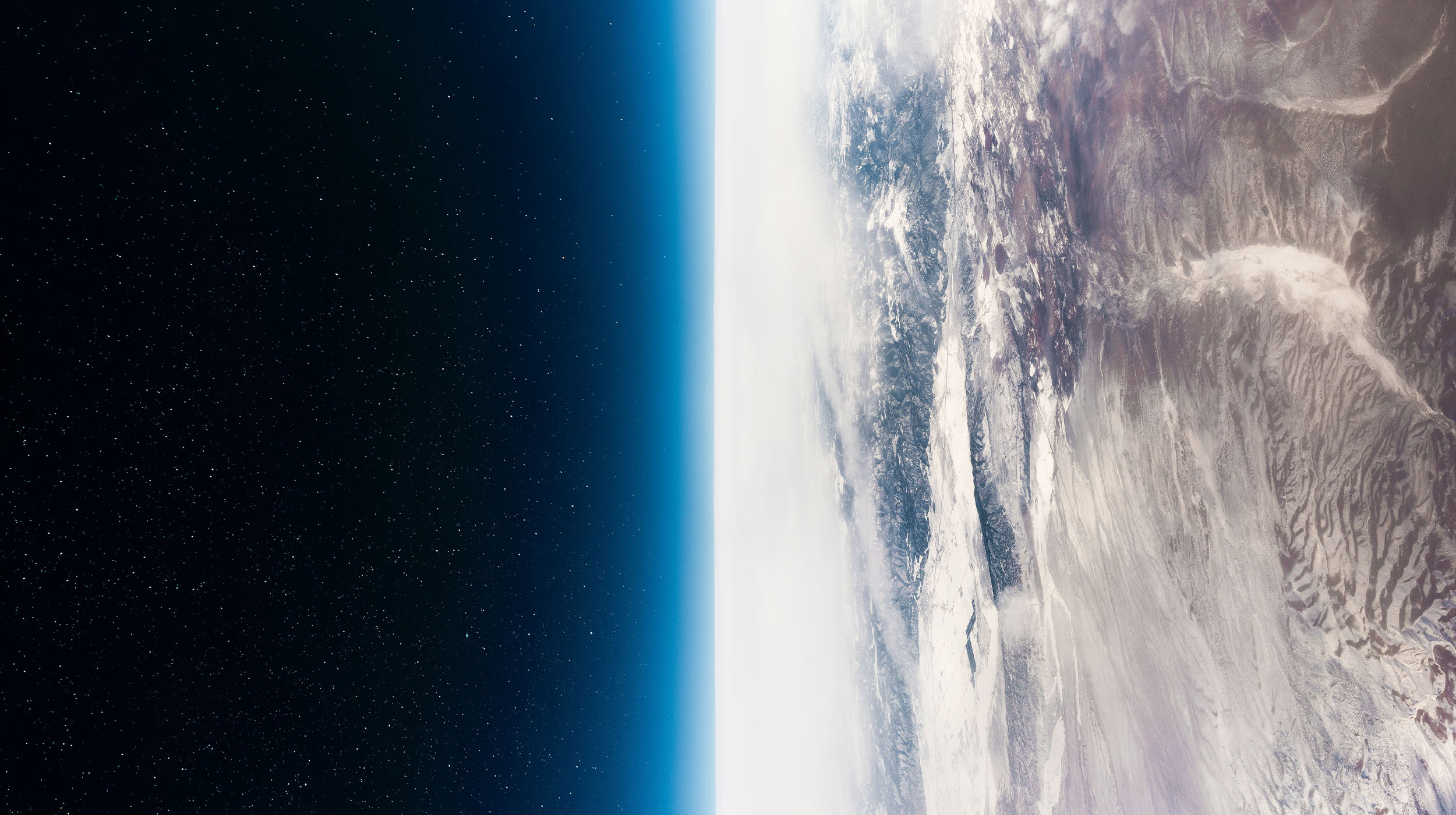A different kind of Earth.
In April 1970, a crippled Apollo 13 aborted its mission to the moon and turned back toward Earth. If you’ve seen the movie, you know that the world held its breath as the three astronauts raced toward splashdown. Would the ship burn up on reentry? Would the limited supply of oxygen hold out long enough for the men to survive?
“It is only recently that many people have begun to realize that Earth too is a sort of spaceship [with] only a limited supply of consumables,” wrote The New York Times on April 19. The first Earth Day would take place just three days later—an irony not lost on the Times. Millions still naively pictured Earth as a kind of cowboy economy, the Times wrote, “with resources as infinite and unending as the great plains must have seemed to those who herded cattle in the West a century ago.”
Earth Day 1970 signaled our awakening to the hard truth that our resources are neither infinite nor immune to the ravages of waste, overuse and pollution. For the first time, we grasped that our fossil fuels wouldn’t last forever, that we were contaminating our air and water, that Rachel Carlson was right: Pesticides were killing the environment. Words like recycle and, yes, environmental were repackaged and rebranded.
The new awareness inevitably found its way into consumer advertising, with lines like “I’d like to buy the world a Coke.” The ensuing decades saw the rise of ecotourism, plant-based cosmetics and textiles, the back-to-nature movement and premium-priced foods labeled “all-natural” and “certified organic.” We gained a new appreciation for the Earth, and new pathways to corporate profitability.
Next week’s Earth Day is the 50th and will, of course, depart radically from the first 49. Events will be zoomed, live-streamed and tweeted; some participants will wear masks and gloves. But the most striking difference is in the pandemic’s transformation of “spaceship Earth” from metaphor to literal reality. Except for Antarctica, every country and territory—210 in all—is dealing with the same threat at the same time and, for the most part, in the same way. The planet has never seemed smaller or more intimate, or its human inhabitants more vulnerable.
It was after the first Earth Day but certainly long before the COVID-19 pandemic, that financial institutions of every size, type and orientation began creating investment products and programs designed not only to make money for their clients but to make the planet a better place to live. Now yet another vocabulary came into being: ESG, sustainability, impact investing.
It stands to reason. It has become accepted that long-term corporate viability is tied to sustainability and that ultimately there can be no profit from investing in a doomed planet. At Carpenter Group, we have been privileged to help many of these firms position themselves and launch products in the Sustainable Investment space. As we face continuing challenges to the climate, our environment and our health, we look to them for continued leadership, creativity and commitment to making a better and more livable world.




